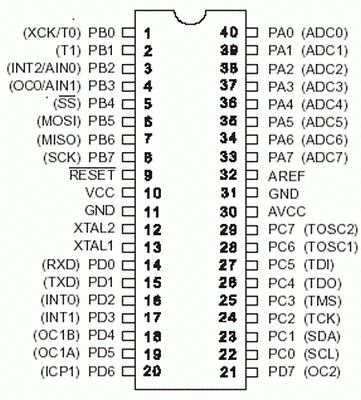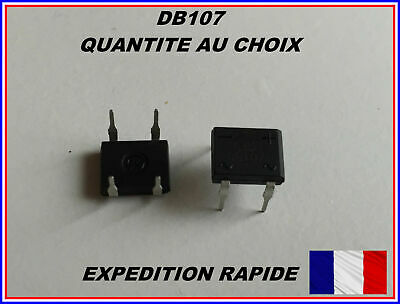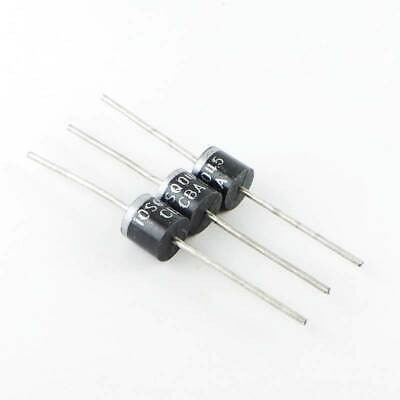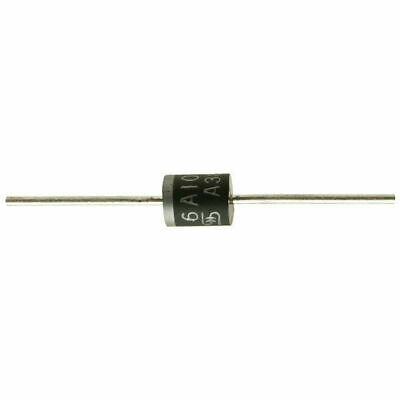-40%
Atmel ATmega16-16PU AVR Microcontroller, 40 DIP, 16 MHz
$ 2.08
- Description
- Size Guide
Description
Atmel ATmega16-16PU AVR Microcontroller, 40 DIP, 16 MHzImportant Note on Shipping Delays via United States Postal Service: Currently we see significant delays in shipments via USPS, up to 3 weeks (!) to deliver within the USA. If you need your item fast, we suggest you select Fedex shipping upon checkout, instead of the standard USPS shipping.
ATmega16-16PU
Low-power CMOS 8-bit AVR microcontroller in lead-free 40-pin PDIP
By executing powerful instructions in a single clock cycle, the ATmega16 achieves throughputs approaching 1 MIPS per MHz allowing the system designer to optimize power consumption versus processing speed.
Features include 16 KBytes of In-System Programmable Flash with Read-While-Write capabilities, 512 Bytes EEPROM, 1 KByte SRAM, 32 general-purpose I/O lines, 32 general-purpose working registers, a JTAG interface for Boundary-scan On-chip Debugging support and programming, three flexible Timer/Counters with compare modes, internal and external interrupts, a serial programmable USART, a Byte-oriented Two-wire serial interface, an 8-channel 10-bit ADC, a programmable Watchdog Timer with Internal Oscillator, an SPI serial port, and six software-selectable power saving modes:
Idle Mode
stops the CPU while allowing the USART, Two-wire interface, SRAM, Timer/Counters, SPI port, and interrupt system to continue functioning.
Power-Down Mode
saves the register contents but freezes the Oscillator, disabling all other chip functions until the next external interrupt or Hardware Reset.
Power-Save Mode
in which the Asynchronous Timer continues to run, allowing you to maintain a timer base while the rest of the device is sleeping.
ADC Noise Reduction Mode
stops the CPU and all I/O modules except Asynchronous Timer, to minimize switching noise during A/D conversions.
Standby Mode
in which the crystal/resonator Oscillator is running while the rest of the device is sleeping. This allows very fast start-up combined with low-power consumption.
Extended Standby Mode
in which both the main Oscillator and the Asynchronous Timer continue to run.
ATmega16 Microcontroller Features
AVR – High-performance and Low-power RISC Architecture
Lead-free, RoHS-compliant package
131 powerful instructions -- most single clock cycle execution
32 x 8 general-purpose working registers
Fully static operation
Up to 16 MIPS throughput at 16 MHz
On-chip 2-cycle Multiplier
Non-volatile Program and Data Memories
16 KBytes of in-system self programmable Flash (10,000 Write/Erase Cycles)
Optional Boot Code section with independent Lock Bits
In-System Programming by On-chip Boot Program
True Read-While-Write Operation
512 Bytes EEPROM (100,000 Write/Erase Cycles)
1 KByte internal SRAM
Programming Lock for software security
JTAG Interface (IEEE 1149.1 Compliant)
Boundary-scan capabilities according to the JTAG standard
Extensive On-chip Debug support
Programming of Flash, EEPROM, Fuses, and Lock Bits through the JTAG interface
Peripheral Features
Two 8-bit Timer/Counters with separate Prescalers and Compare Modes
One 16-bit Timer/Counter with separate Prescaler, Compare Mode and Capture Mode
Real-time Counter with separate oscillator
Four PWM channels
8-channel, 10-bit ADC
Byte-oriented Two-wire Serial interface
Programmable Serial USART
Master/Slave SPI Serial Interface
On-chip Analog Comparator
Programmable Watchdog Timer with Separate On-chip Oscillator
Special Microcontroller Features
Power-on Reset and programmable Brown-out Detection
Internal Calibrated RC Oscillator
External and Internal Interrupt Sources
32 Programmable I/O lines
Operating Voltage: 4.5-5.5V
Industrial temperature range (-40°C to 85°C)
Speed Grades
0-16 MHz @ 4.5-5.5V









